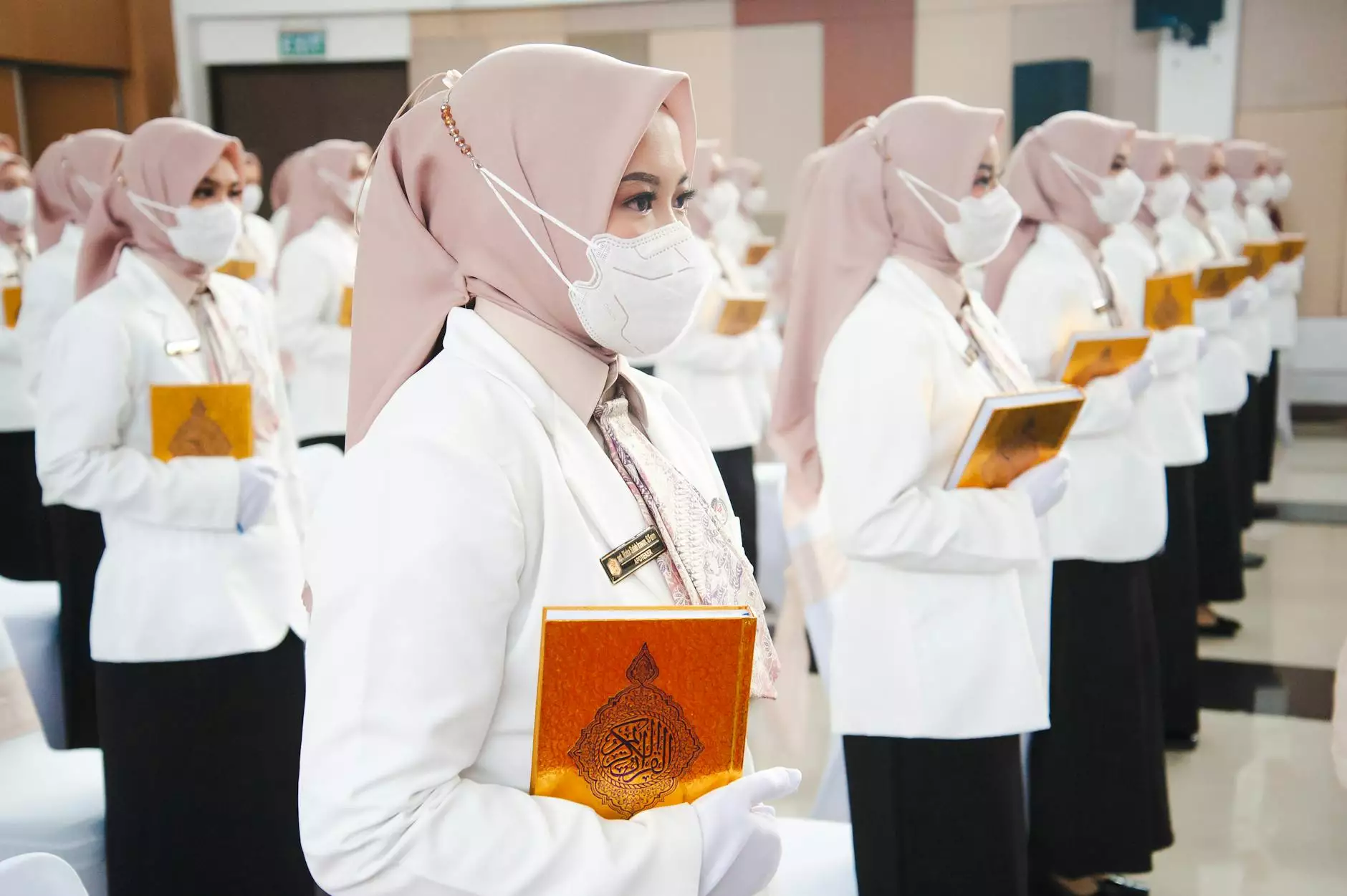Cancer Specialist Doctor: Understanding Their Role and Importance

Cancer remains one of the most formidable health challenges globally, with millions diagnosed each year. Cancer specialist doctors, also known as oncologists, play a pivotal role in the diagnosis, treatment, and emotional support of cancer patients. Their expertise is crucial in navigating the complexities of cancer care, which can often be overwhelming for patients and their families.
The Role of a Cancer Specialist Doctor
The primary responsibility of a cancer specialist doctor is to provide personalized care to individuals diagnosed with cancer. This includes:
- Diagnosis: Utilizing advanced medical technologies such as imaging tests, biopsies, and molecular testing to accurately diagnose cancer types and stages.
- Treatment Planning: Developing a comprehensive treatment plan tailored to the patient's specific cancer type, stage, and overall health.
- Administration of Treatment: Overseeing and administering treatments such as chemotherapy, radiotherapy, immunotherapy, or targeted therapies.
- Coordination of Care: Collaborating with other medical professionals, including surgeons, radiologists, and primary care providers, to ensure a holistic approach to the patient’s care.
- Patient Education: Providing essential information about cancer, treatment options, side effects, and lifestyle modifications to aid recovery.
- Support Services: Addressing the emotional and psychological needs of patients and their families, offering referrals to counseling and support groups.
Types of Cancer Specialist Doctors
Cancer care is multifaceted, and depending on the type of cancer and treatment required, patients may interact with various types of cancer specialist doctors. Here are the main categories:
- Medical Oncologists: Focus on the treatment of cancer with chemotherapy, hormonal therapy, and immunotherapy. They are responsible for overall patient care and treatment management.
- Surgical Oncologists: Specialize in the surgical aspects of cancer treatment, performing biopsies and tumor removal surgeries.
- Radiation Oncologists: Experts in using radiation therapy to treat cancer, they design and oversee radiation treatment plans.
- Pediatric Oncologists: Specialize in diagnosing and treating cancers in children, requiring different approaches compared to adult oncology.
- Gynecologic Oncologists: Focus on cancers related to the female reproductive system, including ovarian, cervical, and uterine cancers.
Education and Training of a Cancer Specialist Doctor
Becoming a cancer specialist doctor entails rigorous education and training:
- Undergraduate Degree: A bachelor's degree in a relevant field such as biology, chemistry, or health sciences.
- Medical School: Completion of a medical degree (MD or DO) through a recognized medical school.
- Residency Training: A residency program in internal medicine or surgery, typically lasting 3-5 years.
- Fellowship Training: Further specialization in oncology, often lasting 1-3 years, focusing on advanced cancer treatment methods and patient care.
The Importance of Early Detection and Treatment
One of the most significant contributions of a cancer specialist doctor is promoting early detection and timely treatment. Early-stage cancers are usually easier to treat and have a higher success rate. Here are some key points:
- Regular Screenings: Encouraging patients to undergo routine screenings (mammograms, colonoscopies) to catch cancers in their formative stages.
- Education on Symptoms: Educating patients about potential warning signs and symptoms, thus prompting timely medical consultations.
- Advancements in Research: Staying abreast of the latest research and clinical trials offers patients access to innovative treatments that can enhance outcomes.
Challenges Faced by Cancer Specialist Doctors
Despite their expertise, cancer specialist doctors often face numerous challenges:
- Emotional Impact: Regularly dealing with patients diagnosed with terminal conditions can lead to emotional fatigue and burnout.
- Keeping Current: The field of oncology is always evolving, requiring continuous education and adaptation to new treatment protocols.
- Patient Compliance: Ensuring that patients adhere to treatment plans, which can be arduous due to side effects or personal circumstances.
The Patient-Centered Approach in Oncology
A hallmark of modern oncology is the patient-centered approach, where care is tailored to the individual needs of patients. Here’s how cancer specialist doctors implement this philosophy:
- Personalized Treatment Plans: Recognizing that each cancer patient is unique, they develop bespoke treatment regimens informed by clinical research and genetic profiles.
- Shared Decision-Making: Involving patients in discussions about their treatment options and respecting their preferences and values.
- Holistic Support Systems: Integrating nutritional counseling, psychological support, and palliative care services into the treatment plan.
Technological Advancements in Cancer Treatment
Technology plays a crucial role in the evolution of oncological treatment, and cancer specialist doctors leverage these advancements to improve patient outcomes:
- Telemedicine: Offering remote consultations, allowing patients to receive care without the burden of travel.
- Targeted Therapies: Utilizing therapies that specifically target cancer cells based on genetic profiles, minimizing damage to healthy cells.
- Robotics in Surgery: Enhancing precision in surgical procedures through robotic-assisted techniques, leading to reduced recovery times and complications.
The Future of Cancer Care
The landscape of cancer care is continually evolving, and cancer specialist doctors are at the forefront of these changes. Some anticipated trends include:
- Immunotherapy: Leveraging the body's immune system to combat cancer, with ongoing research into new immunotherapeutic approaches.
- Genetic Testing: Increased use of genomic profiling to tailor treatment and identify patients who may benefit from specific therapies.
- Integrative Medicine: Incorporating approaches such as acupuncture, meditation, and nutritional therapy into conventional treatment regimens to enhance quality of life.
Conclusion
In the battle against cancer, the role of a cancer specialist doctor is undeniably crucial. From early detection and personalized treatment plans to ongoing support and research contributions, oncologists are integral to improving cancer outcomes and patient experiences. Understanding their role and appreciating the nuances of cancer care not only empowers patients but also highlights the importance of investing in oncology services and research for the future.
For those seeking to learn more about oncological treatments or find a cancer specialist doctor, resources such as oncologicalsurgery.net are invaluable in connecting patients with the right expertise and support.



